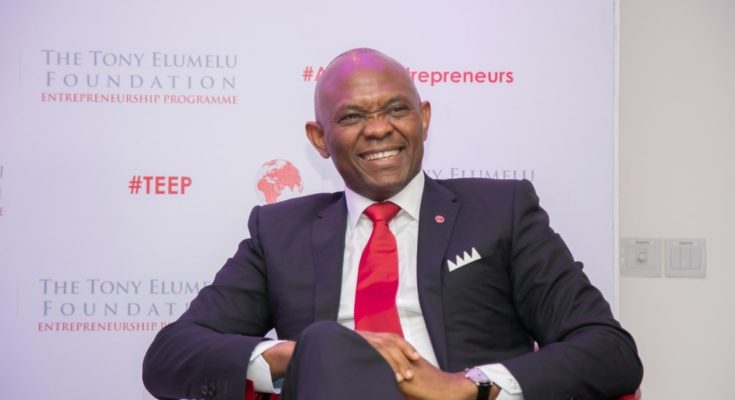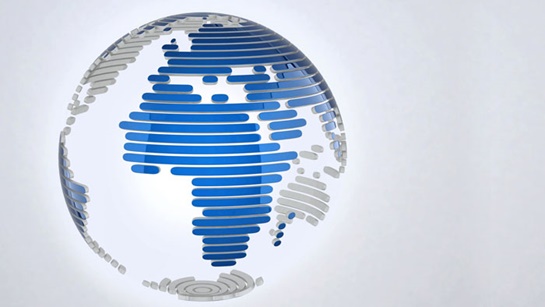Every year business, political and other leaders gather in the picturesque town of Davos, Switzerland to discuss and shape global regional and industry agendas at the World Economic Forum. This year’s theme focuses on Globalisation 4.0 and possible frameworks to explore and unite the international community to build a shared future.
Amidst rising tension in global economies, the African continent stands out as a beacon of hope and evidence of a narrative that moves from glocalization to globalization. Right at the heart of this discussion are the change agents—the African entrepreneur and indeed, entrepreneurship. For as much as globalization will dominate the conversations at this year’s WEF, without acknowledging one of the elephants in the room – Africa and its importance in this conversation, globalization will continue to remain, at best, theoretical.
The role of the African entrepreneur in accelerating globalization must be brought to the fore, for all bets are on this: that entrepreneurship in Africa—ensuring that the 70% of the booming youth population are engaged meaningfully in work and providing jobs in their local communities—will solve many of the world’s economic problems. Issues such as immigration, economic instability, limited food, and perhaps, achieving seamless regional and international trade will fade into history. The evidence of this is seen in the work and impact of the Tony Elumelu Foundation’s $100million Entrepreneurship Programme which has impacted over 4,470 African entrepreneurs and counting, empowering them with seed funding for their businesses, training and mentoring. The goal of the Programme is to have empowered 10,000 African entrepreneurs within a set 10-year period with the goal of creating 1million jobs and contributing $10billion in revenue to the African continent.
A few examples of the potential of entrepreneurship is exemplified by Chris Kwekowe, a 24 year old African entrepreneur who has developed an online platform, SlateCube, dedicated to training the continent’s young talents into world class professionals and then exporting these talents to companies that need them. Nneile Nkholise is a South African entrepreneur award who was recently listed on the Forbes 30 Under 30 list for her innovative custom designed breast prosthesis which is helping women across Africa who have lost a breast or both due to breast cancer. Jumoke Dada, a Nigerian entrepreneur who designs exquisitely crafted furniture using local fabric and exports these designs to the international market. These are a handful of many more.
By partnering with Africa, more young people are incentivized to stay in Africa, develop their continent with their ideas and discover solutions to the continent’s most pressing challenges. By doing this, the narrative changes from “what the world can do for Africa” to “what Africa can do for the world”. By doing this, the often overlooked continent comes to the global table, confident in its achievements and willing to unleash its potential in contributing significantly to world’s economic development.
Perhaps, it is time to narrow the spotlight on Africa; the conversation then should therefore not just be limited to globalisation, but should include entrepreneurship and the changes it has begun to influence on the African continent, and ultimately, beyond its shores.
Let’s take Africa to Davos.














